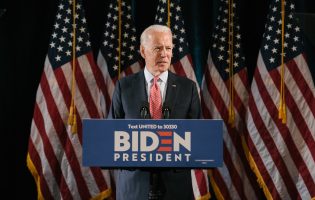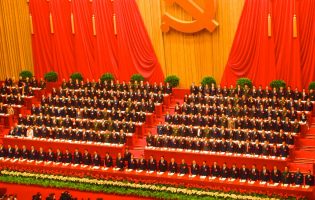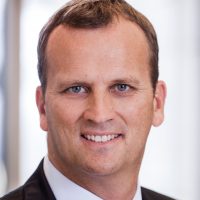
AGI Asks: What to Expect from the Biden Administration?
AGI asks: What are the one or two most important areas of economic, trade, financial, technology, public health, or climate policy where there is the greatest need for German-American or …

EU Special Summit Agrees on Post-Pandemic Recovery Fund
After four days of intensive negotiations, the EU special summit has finally made a breakthrough: EU leaders agreed on a recovery fund to combat the economic consequences of the coronavirus …

Corona Crisis: What Can Economic Policy Do?
In his article on what economic policies can be pursued to mitigate the impacts of the coronavirus crisis, AGI Non-Resident Fellow Dr. Jörn Quitzau first establishes the “exceptional character” of …

China: A Challenge for the Western Economic and Political System
In recent years, China has developed into an important driver of the global economy with strong economic growth. As the second largest economy in the world, China is now responsible …

Social Cohesion in the United States and Germany: Will Protectionism and Income Redistribution Be Helpful?
While the economy is booming, society is drifting apart. Social cohesion is showing cracks and political stability is in many places in danger. Partitioning is again becoming an issue. These …

Jörn Quitzau, AGSR Fellow
AGI is pleased to welcome Jörn Quitzau as an AGI/GMF Fellow with the American-German Situation Room in Washington, DC, in April 2018. Joern Quitzau (PhD, University of Hamburg) is a Senior …

Trade Imbalances: Does the German Current Account Surplus Need to Be Corrected?
U.S. president Donald Trump has recently imposed tariffs on imports of steel and aluminum. The goal of his protectionist approach is to protect the domestic industry against competition he views …
Globalization: As Bad as Its Reputation?
There are rough times ahead for the ideas of free trade and globalization. U.S. president Donald Trump (who seems to prefer less rather than more economic openness), the Brexit vote, …
American-German Situation Room
AGI ProjectTwenty-five Years of German Unity
When the reunification of Germany became a reality in 1990, it was also time for the forecasters to take center stage. How long would it take until the East German economy had shaken off the consequences of 40 years of communism? And how long would it take until living standards in eastern Germany matched those in western Germany? Views on such issues differed greatly. The optimists’ camp was led by the German chancellor, Helmut Kohl, who held out the imminent prospect of “blossoming landscapes” in economic terms for the five new federal states. The “Aufbau Ost” development program was expected to last around half a decade. It was not only politicians, but also some economists who believed that it might be possible to catch up that fast.
Labor Mobility
How mobile are workers in the euro currency area? Everyone directly or indirectly involved in devising, designing, and implementing the single European currency had to deal with this question in …
The European Monetary Union: More Stable than Ever
While the European debt crisis was raging in the financial markets, an old question resurfaced: can the euro survive on a sustained basis even though the currency does not meet …




